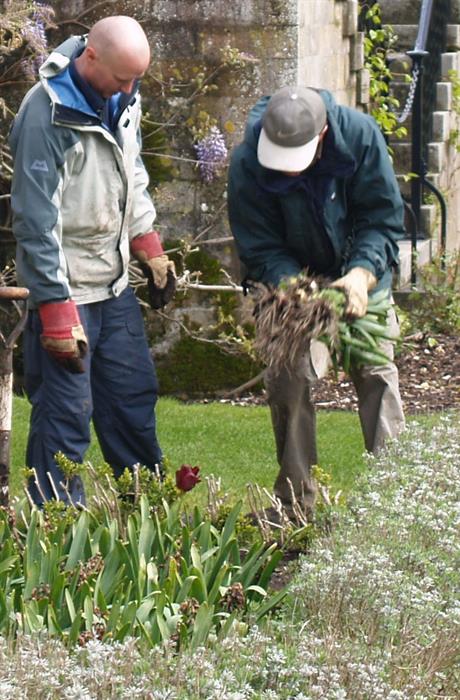
Study Horticultural Therapy
Do you have a passion for helping others? Interested in Horticulture?
Horticultural therapy is a powerful way for working therapeutically with people.
An exciting, emerging industry - step outside of the norm, follow your passions, and develop an interesting and highly rewarding career - become a Horticultural Therapist.
Horticultural therapy (also known as‘social and therapeutic horticulture’) uses the activities associated with horticulture such as gardening, plant propagation, plant care, visits to natural environments and gardens and parks etc. in personal development; to engender a feeling of well-being, improve physical health and encourage social interaction.